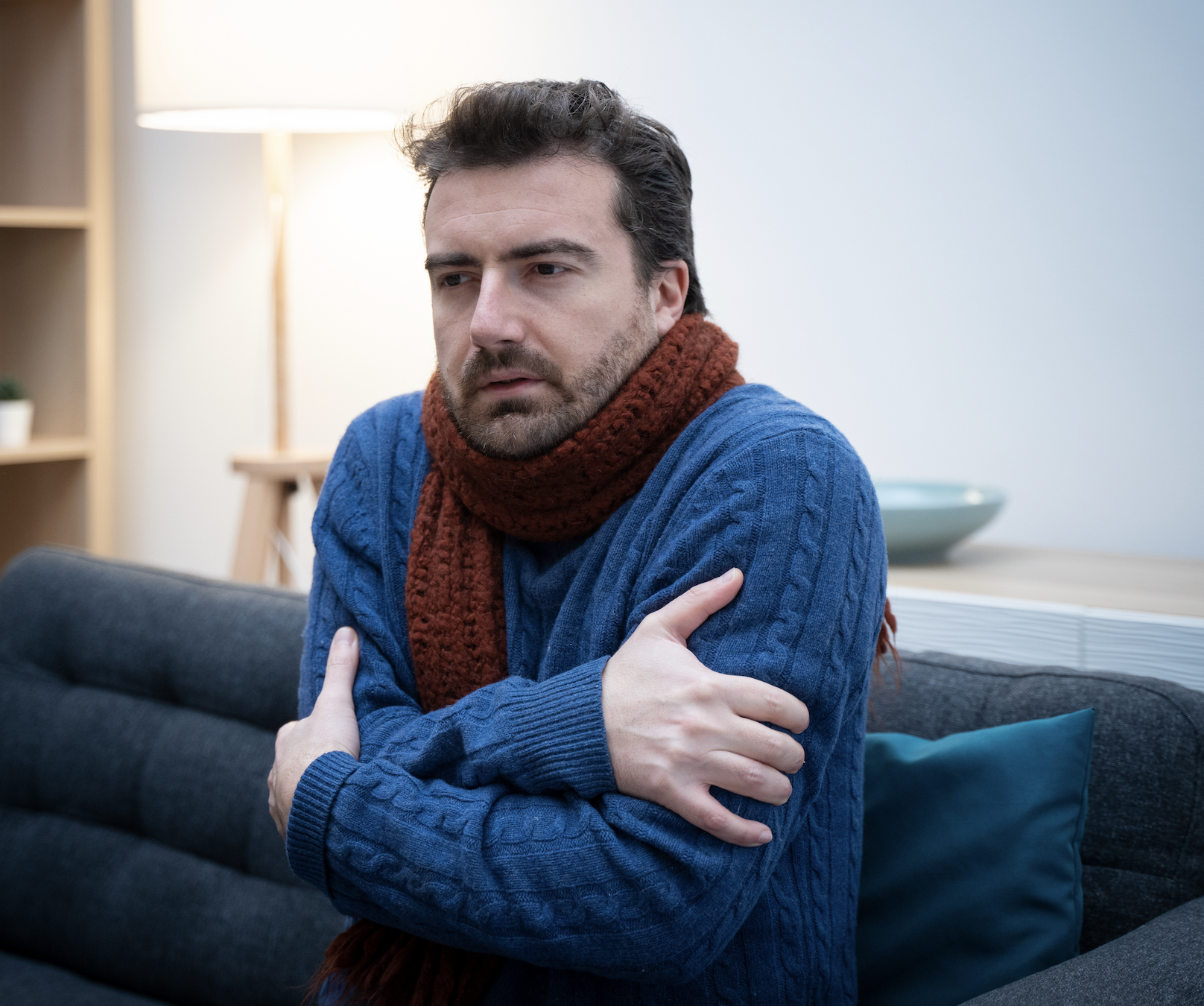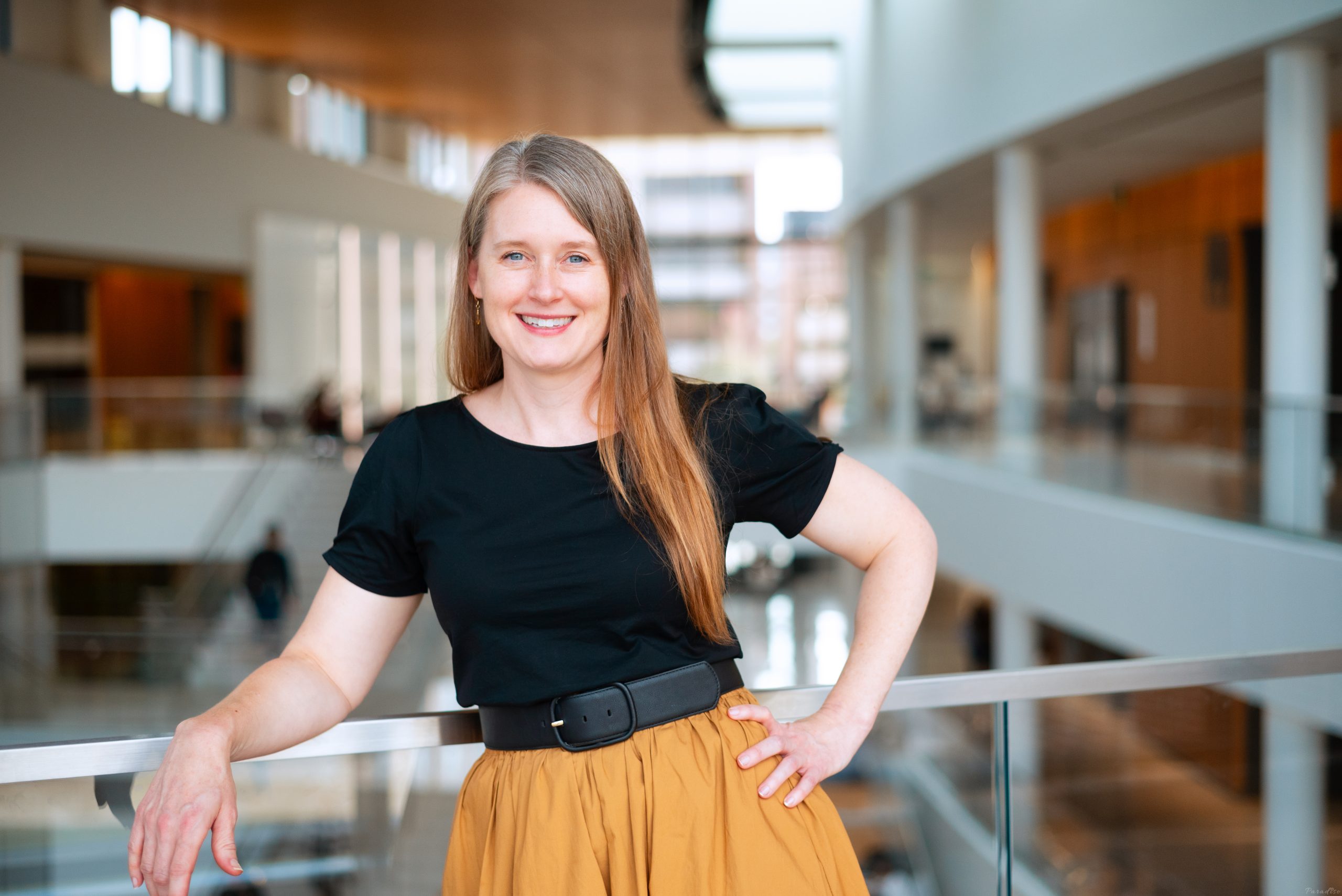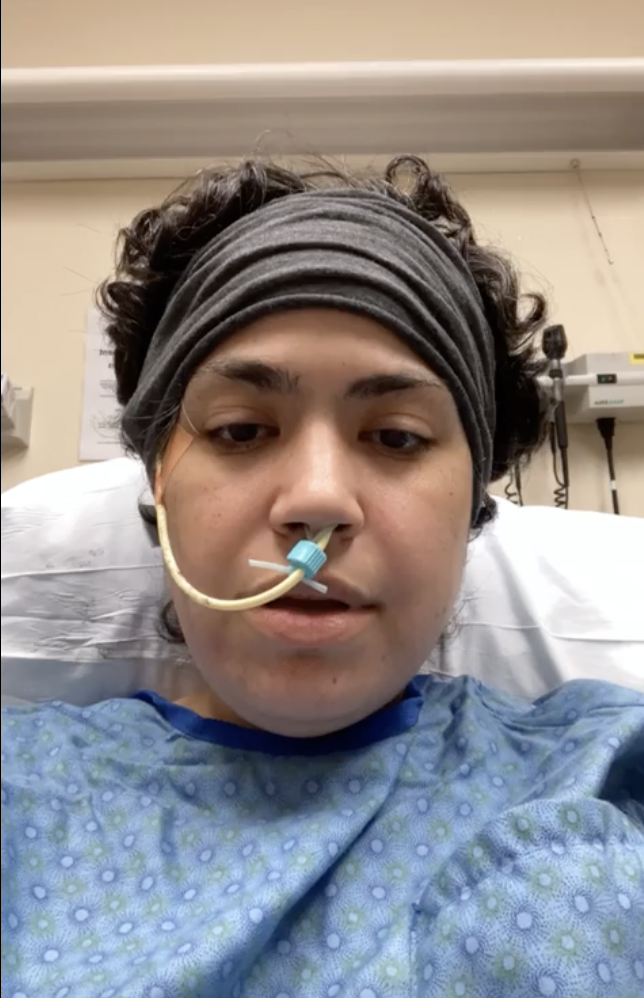To see Peter now, dressed in a suit and wearing a relaxed smile, it’s hard to imagine what he and so many others suffered as young children. He holds up a photo of himself, taken in a refugee camp in Ethiopia in 1989, two years after he and other children fled Sudan because of the civil war there. On the chalk board in the photo, below his name, Mabil Aluel Deng, are numbers signifying the particular area of the camp and the specific group of children to which he was assigned. He marvels at how far he has come, both literally and figuratively.
Peter Mabil De Aluel, the name he adopted as a new American citizen, took the oath of U.S. citizenship on Wednesday, July 12, 2006, at the Gerald R. Ford Museum in Grand Rapids, Mich. On Saturday, Aug. 26, he will begin student orientation for his engineering studies at Michigan Technological University in Houghton, building on the two years of classes he has taken at Lansing Community College.

PHOTO:Peter Mabil De Aluel -Photo Courtesy of Lutheran Social Services
Peter is one of the “Lost Boys of Sudan,” forced at a young age from their villages by civil war. They walked hundreds of miles across the desert to Ethiopia and spent years in refugee camps there and in Kenya. Peter arrived in this country on Dec. 22, 2000, traveling from Kenya to New York City. The first things that caught his attention were the highways. “They were like a huddle of snakes, winding up in a ball,” he said. “All of these roads were going around and over and under. I thought, ‘When I go to school, I want to become a civil engineer!’”
He also noticed snow on the ground and his breath in the cold air, something he had never seen in equatorial Africa. After that, the climate in Lansing, where he arrived the next day, was not too much of a surprise.
Sponsored by Lutheran Social Services of Michigan’s unaccompanied minor refugee foster care program, Peter lived with a Lansing family. He was known as Jool Deng; Deng was his grandfather’s name and Jool a nickname he picked up in the refugee camps. His foster parents sent him to the school at St. Matthew Lutheran Church in Holt. A friend from the refugee camp in Kenya lived in the same home and went to school with him.
Peter’s older brother, Abraham Deng Aluel, with whom Peter had lived in the refugee camps, arrived in Lansing in June 2001. Since Abraham was past age 21, he was not placed in foster care but in an apartment. Peter and Abraham have lived together for the past year.
Peter isn’t sure of his exact age. In 1988, when he started school in a refugee camp in Ethiopia, authorities guessed him to be about 4 or 5. Most of the young refugees didn’t know their birthdays, which don’t have as much significance in African culture as they do here. The United Nations High Commissioner on Refugees assigned them all the birthday of January 1. Peter’s official year of birth is 1983. He hopes one day to learn his true age from relatives who may still be alive in Sudan.
Up to 20,000 young Sudanese lived in refugee camps in Ethiopia. With no regular food supply, no hospital or medicine and an unreliable water supply, many died from disease and hunger by the time war broke out in 1991 and the boys left for Kenya. Peter did not get sick, perhaps because he had already survived measles, whooping cough and the other childhood diseases that spread through the camp.
Many of the refugee children became Christians in the camps. “We were far from home and didn’t have families, only God,” Peter said. “I thought, ‘If I should die, maybe I can go to heaven.’ A group of kids would play soccer every day and talk about their faith. That’s how I heard about Jesus.”
Many of the children chose Christian first names. Mabil is Peter’s given name, and Aluel is his father’s name. He chose Peter for his Christian name when he came to faith in 1989.
Regular church services and baptisms gave the refugees spiritual strength. Peter feels God granted him special protection in Kenya one day in 1998. He was taking a mid-term exam at the refugee camp high school. During a break he stepped outside for a walk and was confronted by four armed robbers, who were attracted by the supplies brought into the camp by the United Nations. He explained that he was a student and didn’t have anything of value. They lowered their guns, but ordered him to undress so they could steal his clothes. The robbers argued for 15 minutes about whether or not to kill the boy, which thieves often did to their victims in the camps. “Well, finally they let me go,” a still amazed Peter said. “God listened to my prayer and saved me.”
Refugees are people forced to leave their country of residence because of war or political turmoil. LSSM is Michigan’s largest private refugee resettlement agency. We provide sponsorship, immigration assistance, legal services and assistance with resettlement and acculturation. Since the mid-1970s, LSSM has resettled thousands of refugees from dozens of countries.
LSSM is also Michigan’s primary contractor for job development and placement, vocational English language training and citizenship services.
The refugee program has offices in Southfield, to serve Southeastern Michigan, and Grand Rapids, to serve West Michigan. Our Lansing office coordinates foster care for refugee youth who arrive in the United States without an adult to care for them. Donations of gently used furniture and household items are welcome for use by refugee families.
Congregations and other interested groups can help refugees settle in to their new communities by "adopting" refugee families. For more information, contact Mihaela Mitrofan at mmitr@lssm.org or (248) 423-2790.
If you can employ refugees at your business in Southeastern Michigan, contact Belmin Pinjic, bpin@lssm.org or (248) 423-2790. In West Michigan, call Lynda Bar at (616) 532-8286.
To inquire about becoming a refugee foster parent, contact Alta McGee at amcge@lssm.org or (517) 321-7663.



